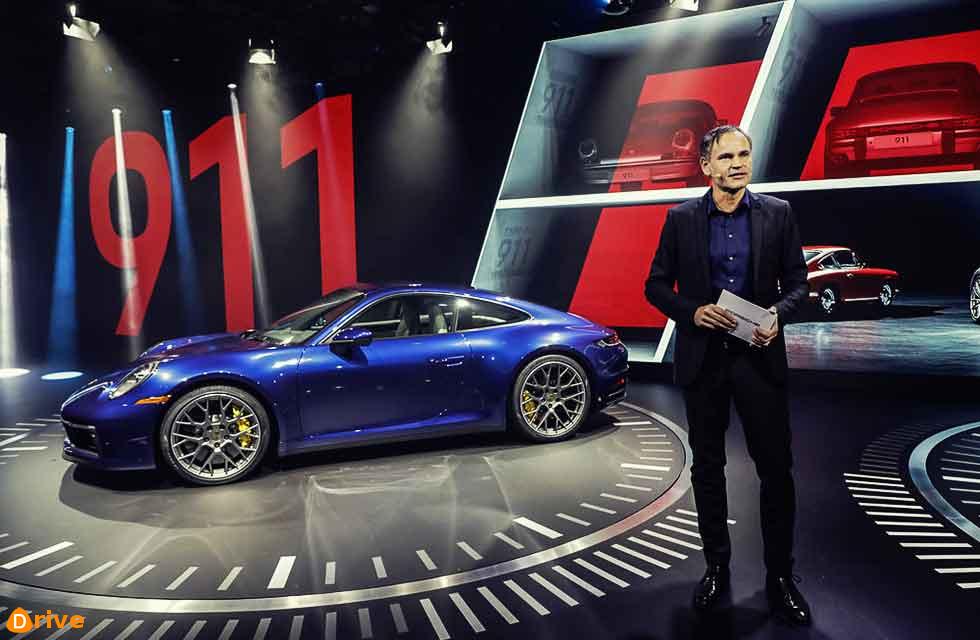Deliveries down 32 per cent Europe-wide
Thought the Speedster’s 510hp engine meant that the WLTP emissions regime wasn’t so bad after all? Well, you might want to take a seat. Porsche’s European sales dropped 32 per cent in Europe for the first quarter of 2019. And WLTP is at least part of the problem.

According to Detlev von Platen, Member of the Executive Board for Sales and Marketing at Porsche, “the changeover to the new WLTP test cycle and gasoline particulate filters has continued to occupy us in the first months of the year. In addition, the unusually strong start to 2018 meant that a comparatively weaker first quarter was to be expected.” Another factor is the generation change for the top-selling Macan and the iconic 911 sports car. The new 911 was presented in Los Angeles at the end of November and is being gradually launched in the individual markets.
Central to the problem is the long-winded process involved with getting new cars WLTP certified. It’s forced Porsche to offer a very limited line up in many European markets as its models queued for limited WLTP testing resources. Meanwhile, the new testing regime has also undermined the ability of some hybrid models to qualify for various tax and road access breaks, leading Porsche to re-engineer some models. That Porsche has entirely dropped diesel from its range can hardly be helping sales in Europe, either, even if diesel’s popularity is on the wane.
Overall, Porsche’s worldwide sales for the quarter only dipped by 12 per cent thanks to increases in other major markets, including the USA. But 12 per cent down is still pretty catastrophic given Porsche’s sales have been growing consistently for over 20 years. That sales in China were also down by 10 per cent will be a serious wony, too, though Porsche reckons that’s down to customer reticence in expectation of the announced lower value added tax rate from April.
It’s not all gloom and doom, however. For 2019, Porsche expects a slight overall increase in deliveries compared with the previous year, supported by the demand for new products. “In particular the eighth generation of the Porsche 911, which started being delivered in Europe a few days ago, is in high demand from our customers, and allows us to look optimistically toward the future,” says Detlev von Platen. The new Cayenne Coupe will be in dealerships from May and in September Porsche will present the Taycan as the first pure electric sports car.
It’s the Taycan that’s most intriguing in all this, signifying Porsche’s push into all things electric. It’s a huge bet Porsche is making with the Taycan and its all-electric progeny. After 20-odd years of virtually untrammelled growth since the 986 Boxster launched in 1996, the future suddenly looks much more uncertain for Porsche.





